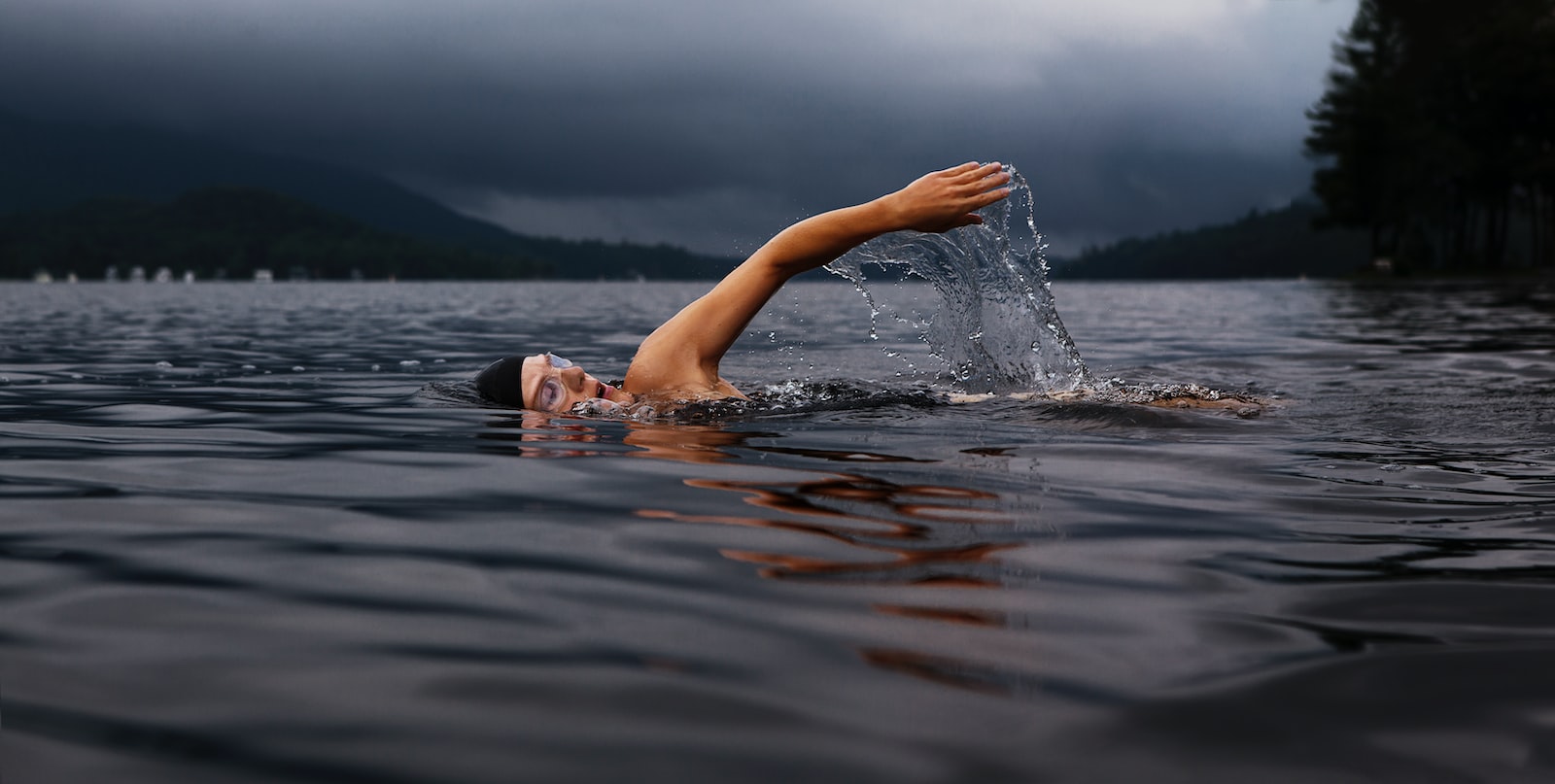In order to swim safely, there are some essential techniques that you must know. In this article, we will discuss how to become a safe swimmer and be more secure in your swimming skills. We will also provide some tips on how to stay safe while swimming in open water. So whether you’re a beginner or experienced, read on for helpful advice on how to stay safe while swimming!
Never swim alone
One of the most important things to remember when learning how to swim safely is to never swim alone. It’s always best to swim with a friend or family member who can help you if you get into trouble.
If you’re swimming in open water, make sure to tell someone on shore where you are going and when you expect to be back. The best course of action is to find professional classes to learn how to swim with an instructor. They will be able to provide you with the best techniques and safety measures while you’re in the water.
Wear the proper swimming attire
Another important tip for swimming safely is to make sure you’re wearing the proper boys or girls swimwear. This means a swimsuit that fits properly and won’t fall off, as well as goggles to protect your eyes. You should also consider wearing a swim cap if you have long hair. This will help keep your hair out of your face and prevent it from getting tangled.
Wear a life jacket
If you’re not a strong swimmer, or if you’re swimming in an unfamiliar body of water, it’s always a good idea to wear a life jacket. Life jackets can help keep you afloat if you get tired or if you get into trouble. Make sure to choose a life jacket that fits properly and that you’re comfortable wearing.
When swimming in open water, it’s also a good idea to wear brightly colored swimwear so that you’re easily visible to others.
Know your swimming abilities
It’s important to know your own swimming abilities before attempting to swim in open water. If you’re not a strong swimmer, make sure to stick to shallow waters and areas where there are lifeguards on duty. Avoid swimming in areas with strong currents or undertows. If you’re unsure of your swimming abilities, it’s always best to err on the side of caution and not take any unnecessary risks.
Know your limits
It’s important to know your own swimming abilities and to stay within your comfort zone. If you’re not a strong swimmer, don’t try to swim in deep or fast-moving water. And if you get tired while swimming, stop and rest until you feel ready to continue. For example, you could swim laps in a pool or float in a life jacket in open water.
This will help you get used to the feeling of being in the water and will give you a chance to rest if you get tired. Also, be sure to stay close to the shore so you can easily get out of the water if you need to.
Don’t drink alcohol before swimming
It’s important to avoid drinking alcohol before swimming. Alcohol can impair your judgment and make it more difficult to swim safely. If you’re going to be drinking, make sure to do so after you’re done swimming for the day. Namely, the alcohol will make you more tired and will dehydrate you faster, making it harder for your body to regulate its temperature.
Pay attention to the weather
Before you go swimming, always check the weather forecast. If it looks like it might storm, or if the wind is blowing hard, it’s best to wait until another day to go swimming. High winds can create waves that make it difficult to swim, and thunderstorms can produce lightning that can be dangerous.
Listen to the lifeguards
If you’re swimming at a beach or pool, always listen to the lifeguards. They are there to help keep you safe and will have information about any potential hazards in the area. If you’re swimming in open water, be sure to follow any posted signs and warnings.
Be aware of the dangers
There are many dangers that come with swimming, so it’s important to be aware of them before you get in the water. Make sure you know how to stay safe from rip currents, hypothermia, and dehydration. And always be on the lookout for obstacles in the water, such as rocks or debris.
With these safety tips in mind, you’ll be sure to have a fun and safe time swimming! Just remember to never swim alone, to know your limits, and to pay attention to the weather and lifeguards. If you do all of these things, you’ll be sure to enjoy your time in the water and stay safe at the same time.


